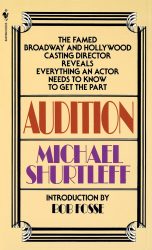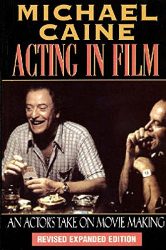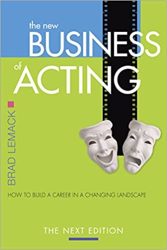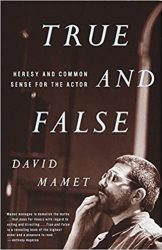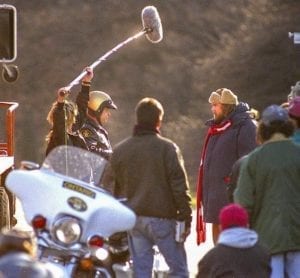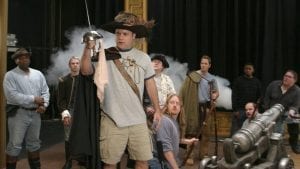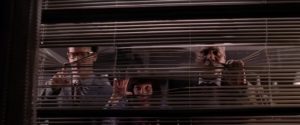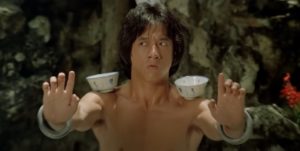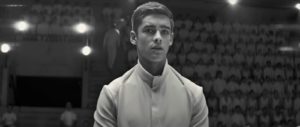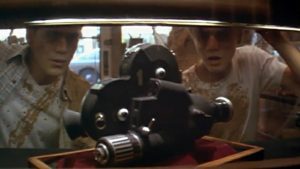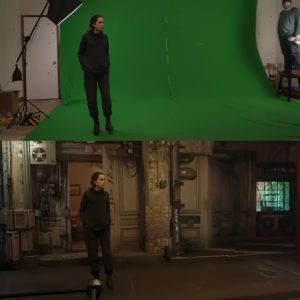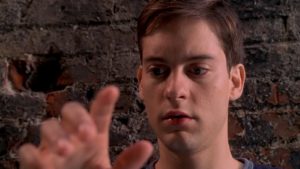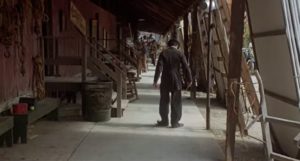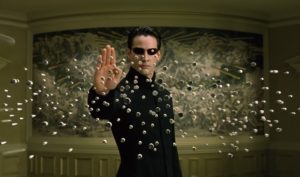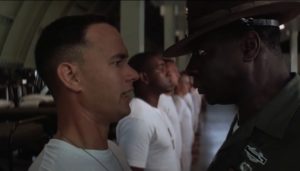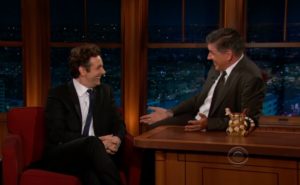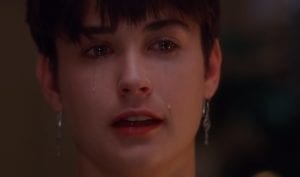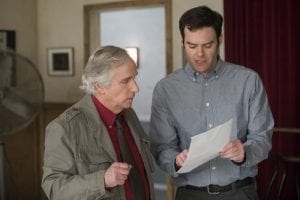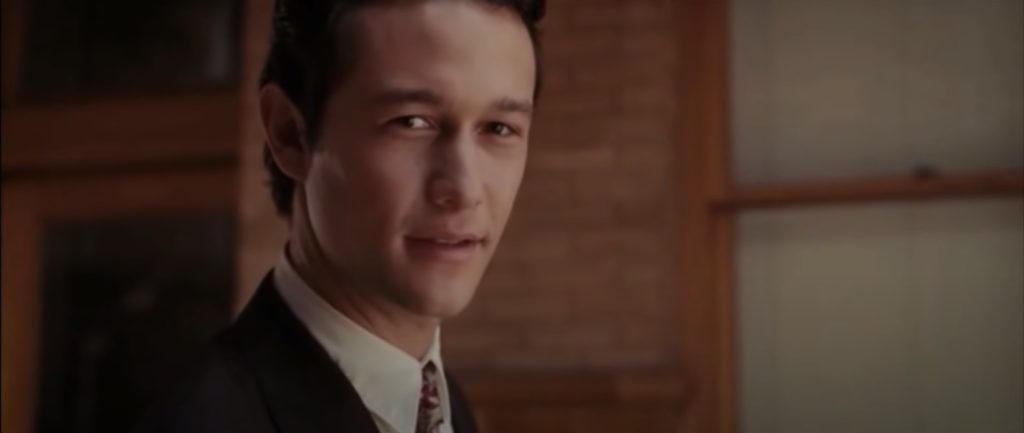
As an actor, you need to accept that you’re not going to get booked for each audition you do, because if you don’t you might just end up quitting. Having acted professionally in film and television for 15 years, I thought I’d share some tips about how to deal with rejection as an actor.
Know that most of the time, rejections are not about talent—they’re about compatibility with the project. Just focus on doing good work; if the casting director sees you’re amazing, they’ll try to fit you in other projects later. Meanwhile, distract yourself with pleasant activities after auditions.
For some additional strategies and more details about the above, read the six tips below, so you can learn how to deal with rejection in a healthy, productive way so you can keep working as a professional actor.
1. Accept that rejection is a normal part of the casting process.
Try and think about this: the reality of the actor’s career is that you often spend more time auditioning than acting. Unless you’re Meryl Streep, of course!
According to agents, the ratio of bookings to auditions for someone starting out in the acting business averages around one out of 20 (source). So, it might feel like the more you audition, the more you increase your rejection rate, but really… You increase your chances of being booked!
And speaking of famous actors… Guess what?
They’ve all faced rejection too!
Did you know that Harrison Ford was passed on for the role of Benjamin Braddock in The Graduate, which instead went to Dustin Hoffman? Even later on in his career, he faced rejection: Tom Hanks got the part of Captain Miller in Saving Private Ryan instead of Ford. That didn’t stop him from having an incredibly successful career!
So don’t let rejection get in the way of your success!
How do you do that?
You need to build some calluses so that even though you get turned down, you don’t let rejection affect you or haunt you. More on that in the following points!
2. Know that it might not have been about your acting skills.
Rejection is not personal. I know that, as actors, it’s hard for us to honestly believe that, but it’s true!
Many factors affect a casting director’s decisions. Maybe they knew one of the actors who was also auditioning for the role, and they decided to go with them. If you think about it, for better or for worse… You didn’t really stand a chance! Or maybe you were too tall compared to the person you’d be acting against… Perhaps you are a bit too young for the part… Maybe you look similar to an actor who was just cast into another role. There is a myriad of reasons along the same lines.
Notice what wasn’t listed? Your acting abilities. Those aren’t determined by casting directors or how many gigs you book every month or year. They are just one part of the gigantic puzzle that is casting.
Still need some convincing? Here’s John C. Reilly talking about how his perspective on auditioning and rejection changed after becoming a producer:
There are many variables in casting that you can’t control. My best piece of advice: focus on what you can control. Keep honing your skills, keep auditioning, and the parts will come. (If you want to stay sharp, click here to join one of our TAP Gym Sessions.)
3. Know that you may have won over the casting director for future roles.
Speaking of casting directors… They remember good auditions. And they remember good actors. If they didn’t cast you, maybe they didn’t see you as a good fit for that role, or perhaps it wasn’t even their choice but the director’s decision. That doesn’t mean that they didn’t appreciate what you brought to the room or that they wouldn’t cast you in another role. Quite the contrary.
In fact, if you’ve impressed a casting director, they might want to see you audition for more parts. In my experience, whenever I impress a casting director by showing up well prepared for an audition and delivering a solid performance, they ask me to come audition for different parts. They want to give me opportunities because they see that I do good work.
So don’t let a no break your spirits. Keep delivering good auditions, and casting directors will notice you, which will open the door to many more auditions.
4. Distract yourself by scheduling something nice for after the audition.
This is all well and good, but when you step out of the audition room… Chances are that you won’t be thinking of the big picture… You’re probably going to go over it in your mind, no matter how you feel it went.
But ruminating will not get you the part, so your best bet is to just… not dwell on it! Sounds easier said than done, doesn’t it?
Here’s a quick and dirty – but effective – tip: whenever you have an audition – whether it’s virtual or in-person – have something to do right afterward! Plan to meet a friend for lunch, go to the gym, whatever it is… Just make sure that you have something in your schedule that doesn’t involve just going home and dwelling on how the audition went.
Because we’ve all been there. We’ve all gone over an audition in our minds and been haunted about what we could have done better… And most of the time, the only thing we get out of this is brooding. (Which is counterproductive to having great auditions)
So plan to do something that will take your mind off of how the audition went, then move on to the next!
5. Write down your thoughts about the audition, learn, and move on.
Each audition is a learning opportunity.
Sometimes, you’ll know instinctively what you could have done better. Maybe you could have spent a little more time memorizing because you stumbled on a line… Perhaps you saw in the casting director’s face that one of your choices wasn’t in line with what they imagined for the character…
But remember… It’s crucial to not ruminate on it too much. A good strategy might be to write down your thoughts after an audition in a journal dedicated to it… And you move on! Then, you can return to it when you’re preparing for your next audition to make sure you are taking these lessons into account to give the best performance you can.
6. Train yourself to feel relaxed by practicing auditions in front of others.
With time, you learn to appreciate that giving your best effort is what really matters, not the result of the audition. (Remember, casting directors can keep you in mind for future auditions even though you weren’t exactly right for the part this time!) So what can you do to maximize your time in the audition room and leave feeling like you gave it your best shot?
Start practicing your auditions in front of other people!
It might seem like a straightforward tip… But one of the reasons you might feel so nervous in the audition room is because you don’t always take the time to practice in front of someone else. Rehearsing the audition in front of someone helps you practice with the added stress of an “audience” so that when you walk into the audition room, you know you can perform well even though you’re nervous. Start practicing your auditions in front of your mom, your roommate, your friends, or the people on the bus, and feel the difference! 😉
And most importantly, keep auditioning!
Build those calluses and that resilience that will help you build the career of your dreams!
If you want to learn more about preparing for a successful audition, check out our article on how to introduce yourself in an audition or our compendium of audition tips for actors by accomplished actors.
